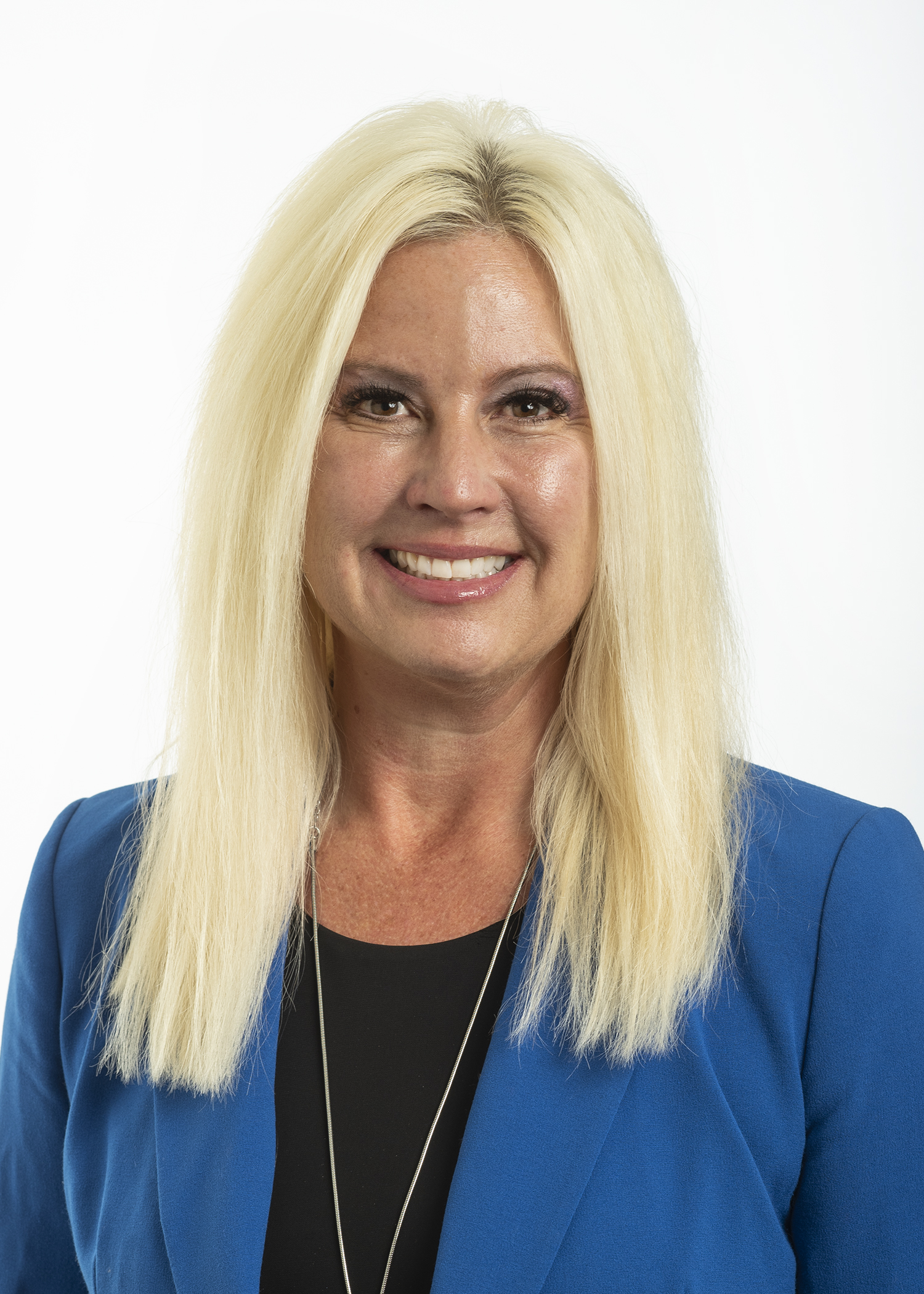Holistic admission policies have been utilized for decades by undergraduate institutions. Instead of solely relying on test scores and a grade point average to select students, holistic admission policies provide admission committees the latitude to admit students who can meet the academic rigors of the institution while embodying the school’s mission through personal characteristics and experiences. This type of admission policy has moved into the graduate and professional school arena. According to the Association of American Medical Colleges, the “Advancing the Holistic Review Initiative” was established in 2007 and promotes the review of the medical school application through the evaluation of metrics, attributes, and experiences. A 2014 report, “Holistic Admissions in the Health Professions,” found an increase in the number of professional schools, specifically those offering health-related programs, that subscribe to a holistic admission policy (para. 8). It is widely believed that holistic admission practices diversify the institution’s student body.
As we try to address the numerous challenges facing healthcare today, medical school admission committees are charged with accepting candidates who can affect positive change within the healthcare system while committing to patient-centered medicine. Realizing the magnitude of these decisions, is it most appropriate to select our future physicians by reviewing their grade point average (GPA) and Medical College Admission Test (MCAT) score or by reviewing their broader academic metrics, attributes, and experiences? In addition to reviewing a student’s metrics, a read of their personal statement may help the screener to understand the characteristics the student possesses and how they align with those of a future medical practitioner. Experiences such as working full-time in a clinical environment while taking full-time classes demonstrate commitment and work ethic; participation in a division I sports team exhibits leadership and followership skills. These activities and characteristics provide additional information to the individual who will determine if the candidate is offered an invitation to interview. Therefore, I challenge you to think about the following questions in regards to holistic review:
- Do standardized metrics such as college GPA and MCAT score indicate that future physicians will be patient-centered practitioners who embody compassion and empathy for their patients?
- Do standardized metrics tell us if applicants will be both leaders and followers in regards to the interprofessional healthcare team?
- Do standardized metrics inform us that these individuals can address healthcare disparities?
There are many more questions that surround this topic, but the decision to use an index composite – meaning GPA and MCAT score – or a holistic review of academic metrics, attributes, and experiences (M-A-E) to screen, interview, and select students is becoming increasingly important to the future of healthcare. In addition to M-A-E, many schools utilize additional assessments in their holistic review process such as a situation judgement test (SJT), a computer-based assessment for sampling personal characteristics better known as CASPer, and/or the multiple mini interview (MMI). The results of the SJT and the CASPer tests provide additional information regarding an applicant’s responses and are typically used to aid the screener in recommending a decision regarding the interview. Finally, the MMI offers scenario-based questions and affords the interviewee ten chances to showcase various characteristics such as communication, critical thinking, empathy, compassion, and ethics (McMaster University 2017). The results of the MMI combined with the applicant’s M-A-E are then used in the selection process.
Every medical school is different, with a different mission, goals, and approach to screening, interviewing, and selecting candidates. Thus, I do not believe there is a one-size-fits-all answer to the questions above, but they can certainly help to begin conversations about this topic.
Spending a majority of 21 years in higher education focused on the admission of qualified candidates to undergraduate, graduate, and medical schools, I believe it is an honor and privilege to work in this field. As I think about the health care crisis, it is clear that the way we interview, screen, and select qualified candidates will be vital to our future success in navigating the complexities of the health care arena and addressing both present and future challenges.
So the question remains: Is holistic review a fad or the future of medical school admission? What are some strategies you and your institution have used to admit a diverse class of future physicians who have the academic training to successfully complete medical school and who also embody the necessary characteristics to address the numerous issues facing healthcare today? Join the discussion by commenting below!
References
Association of American Medical Colleges (2014). Advancing holistic review initiative. Retrieved from:
https://www.aamc.org/download/358384/data/holisticreviewbrochure.pdf
Association of American Medical Colleges (2016). Exploring a situational judgement test for use in medical school admissions. Retrieved from:
https://www.aamc.org/download/462754/data/sjtupdatefor2016pdc.pdf
McMaster University (2017). Multiple mini interview (MMI). Retrieved from:
http://mdprogram.mcmaster.ca/md-program-admissions/how-we-select/multiple-mini-interview-(mmi)
National Institute on Minority Health and Health Disparities (2014). New study finds holistic admissions benefit health professions schools. Retrieved from:
https://www.nimhd.nih.gov/news-events/features/training-workforce-dev/holistic-admissions.html
Michelle L Schmude

Michelle Schmude, EdD, MBA (Educators 2017) is a medical educator. She is currently the Vice Provost for Enrollment Management and Associate Professor at Geisinger College of Health Sciences. Michelle’s areas of professional interest include ePortfolio use to promote and assess competencies, the use of advising, mentoring, and coaching to foster student success, and professional identity formation. Michelle can be found on Twitter at @michelleschmude and LinkedIn at https://www.linkedin.com/in/michelle-lawrence-schmude-1633baa/.

